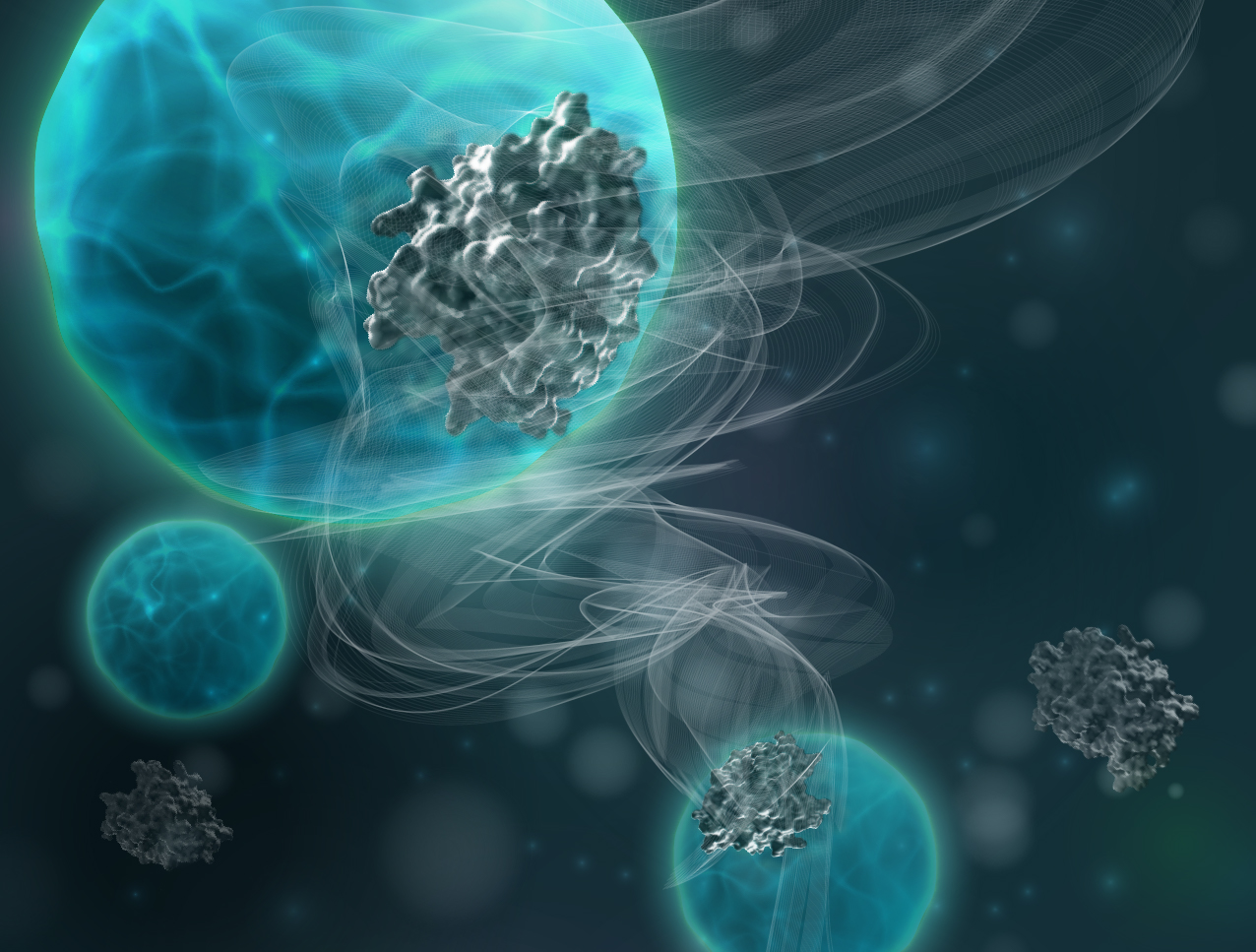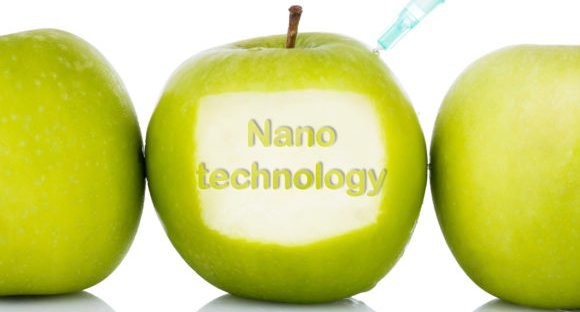Nano biosensors in the food industry (PhD in Nano-Microelectronics )
Researcher and author: Dr. ( Afshin Rashid)
Note: The rapid advancement of nanotechnology has provided opportunities for the development of new food measurement and packaging solutions, which address long-term challenges in the food sector to increase shelf life, reduce waste, assess safety and improve food quality. .
Nanomaterials can be used to enhance mechanical strength, increase gas barrier properties, increase water repellency, and antimicrobial and food packaging inhibitor activity. They can be incorporated into chemical and biological sensors that enable the design of rapid and sensitive devices to assess freshness and identify allergens, toxins or pathogens. Applications of Nano bio-sensor electronic biosensors in food industry and bioassay technologies to detect nutritional and non-nutritional components, antioxidants, counterfeits and toxicity. And methods of improving the barrier and mechanical properties of food packaging and active packaging. Environmental, health and safety implications of nanomaterials in the food sector.
Nano -bioelectric sensors have been developed for various applications such as food quality estimation, environmental monitoring and clinical and metabolic diagnostics. Nanoelectronics technology has added some very exciting materials to improve the sensing phenomenon. The use of a variety of nanomaterials, including nanoparticles, nanotubes, nanotubes and nanowires, leads to faster identification and reproducibility in a much better way. Different types of biosensors are amplified based on different types of nanomaterials and their growth and implication aspects. Measurement of biological responses in the current scenario the environment changes dynamically modified hemostatic events in the body and also the body 's happening, assumed great importance is. Analyzing the behavior of changing materials is very important in areas such as drug diagnosis, food quality screening, and environmental applications.
Conclusion :
The rapid advancement of nanotechnology has provided opportunities for the development of new food measurement and packaging solutions, addressing long-term challenges in the food sector to increase shelf life, reduce waste, assess safety and improve food quality.
Researcher and author: Dr. ( Afshin Rashid)
PhD in Nano-Microelectronics




